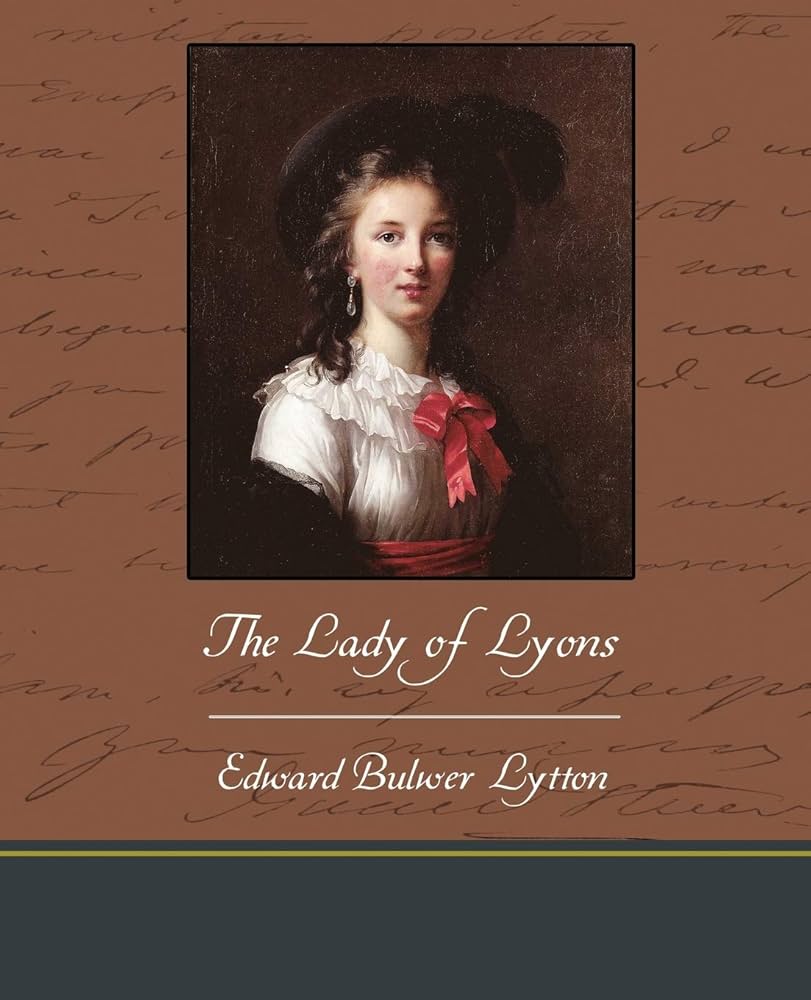Scene VI — The Lady of Lyons
byScene VI unveils the emotional and moral tightening of a scheme that was meant to amuse revenge but has grown dangerously real for its participants. At its center lies Pauline, caught between her longing for an elevated life and the sincerity of a love born from fiction. The appeal of a prince’s affection clouds her judgment, pushing her to accept the grandeur offered without questioning its origins. Her family, equally dazzled by the idea of royal alliance, overlooks every inconsistency in favor of social advancement. The myth of Melnotte’s identity, carefully spun by Beauseant and Glavis, becomes the very foundation upon which Pauline builds her dreams. It is not simply a lie that’s told—it is one that everyone wants to believe, because it flatters their pride. Melnotte, now trapped in a performance meant to deceive, begins to feel the weight of emotional responsibility that was never part of the original plan.
Though the plot thickens through Beauseant’s manipulation, it is Melnotte’s inner shift that gives the story emotional weight. His affection for Pauline grows beyond the bitterness that fueled the charade, making every moment in disguise feel more like a betrayal of himself than just of her. He begins to see that true nobility lies not in the title he pretends to hold, but in the honesty he is withholding. Colonel Damas, sharp and unconvinced, senses that something does not align with the grand tale being told. His suspicion does not come from cynicism, but from practical wisdom shaped by experience. With each glance and question, he chips at the illusion, moving the story toward exposure. Melnotte, sensing the inevitable unraveling, feels torn between protecting Pauline from the shame of discovery and preserving the fragile joy she finds in their romance. The mask, once empowering, becomes unbearable.
A fake threat emerges—the claim of political danger designed to rush the marriage forward. What should be a moment of celebration becomes instead an escape, hurried and clouded by anxiety. Pauline, unaware of the urgency’s artificial source, sees only the sacrifice of a prince for love and devotion. Her heart, already softened by affection, binds her fate to Melnotte’s in an impulsive ceremony. This decision, made in ignorance, transforms her role in the play from passive dreamer to active participant in a lie she has yet to uncover. Meanwhile, Damas issues a challenge that pulls Melnotte out of his false title and into the realm of real action. The duel, though brief, holds symbolic weight. Melnotte’s courage proves that honor can belong to anyone, regardless of bloodline.
Victory in the duel does not bring triumph—it adds to Melnotte’s guilt. With each success built on deception, he feels further removed from the truth he longs to reveal. Pauline, glowing in the aftermath of their rushed union, has no inkling that her joy is founded on falsehood. Melnotte watches her with both adoration and dread, knowing that the very love he’s gained was stolen through performance. He did not expect to fall in love while playing the prince. But now that he has, the truth threatens to destroy what his lie created. This tension fuels the emotional stakes of the entire act. For Melnotte, the question is no longer whether Pauline will forgive him—but whether he can ever forgive himself.
The narrative cleverly mirrors societal views on nobility and honor, questioning whether status should define value. Damas, with no grand title but deep integrity, becomes the quiet judge of truth. Melnotte, once mocked for being a gardener’s son, proves himself more honorable than the aristocrats pulling the strings. Pauline, though naive, is not shallow—she loves with sincerity, even if misled by appearances. Her capacity for deep emotion is what ultimately elevates her character. Beauseant and Glavis, who began the scheme for amusement and revenge, fade into roles of bitter onlookers as the emotional truth surpasses their control. The story becomes less about revenge and more about the moral cost of ambition and pride.
Scene VI captures the moment before the illusion breaks—where beauty still masks the decay beneath. The marriage, though legally sound, becomes the final link in a chain of falsehoods. Each character now stands at the edge of revelation, their next steps determined by how much they’re willing to lose for the truth. What was once a game has evolved into something more permanent, more painful. Readers are left to reflect on how love built on lies can feel just as deep, yet always risks collapse. The tension lies not in whether the truth will come out, but in what each character will become once it does. It’s a lesson wrapped in elegance: not all crowns are gold, and not all hearts stay blind forever.

